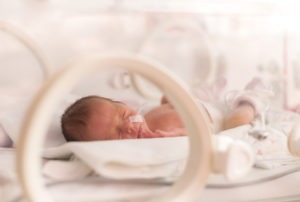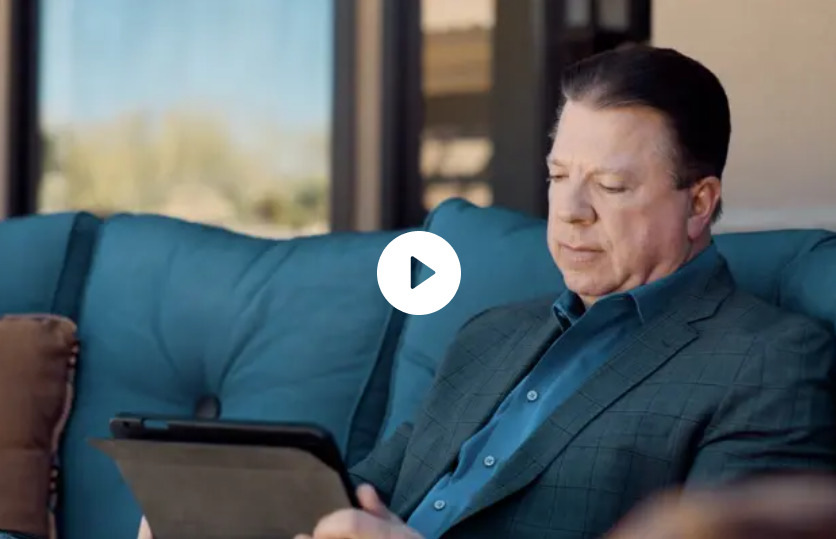
The birth of your child is a moment you will treasure forever. You have waited nine months to welcome your new son or daughter into the world. However, when doctors or medical professionals fail to offer the highest quality of care, the childbirth experience you hoped for could be tainted by fear, anger, sadness, and tragedy.

Birth asphyxia is a preventable birth injury due to a lack of oxygen before, during, or immediately after childbirth. Babies can suffer from mild to life-threatening medical conditions, depending on how long they go without oxygen. According to the birth asphyxia overview by the World Health Organization (WHO), approximately 900,000 babies suffer from birth asphyxia annually.
Many factors, including medical negligence, can cause birth asphyxia. If your child is suffering from a birth injury, help is available. The highly-experienced birth asphyxia attorneys in New Jersey from the Birth Injury Lawyers Group can fight to ensure justice is served so you can be where you are needed the most, caring for your newborn baby.
What Is Birth Asphyxia & What Causes It?
Birth asphyxia is one of the top causes of neonatal deaths worldwide. According to Medical News Today, birth asphyxia is a medical condition caused by a lack of oxygen to a baby’s brain and vital internal organs before, during, or after childbirth. Birth asphyxia can range from mild to life-threatening or fatal depending on the time your child was without oxygen.
Birth asphyxia is preventable; therefore, medical negligence could be a contributing factor. Doctors are required to monitor mothers and unborn babies during labor and delivery, and if they fail to do so or miss an emergent medical issue, they could be liable for your child’s birth injuries. In addition to medical negligence, there are other conditions that cause a lack of oxygen to babies before, during, or after childbirth, including but not limited to the following:
- Compression of the umbilical cord. Compression of the umbilical cord can happen if the umbilical cord is caught between two surfaces, such as the baby’s head and the wall of the mother’s uterus. Compression of the umbilical cord can also occur if the cord is wrapped around the baby’s neck in the womb.
- Umbilical cord prolapse. Umbilical cord prolapse is a complication during pregnancy or birth that occurs when the umbilical cord leaves the womb before the baby has. Without the umbilical cord, the baby will be unable to breathe.
- Meconium aspiration syndrome. Meconium aspiration syndrome occurs when a baby in the womb swallows or inhales amniotic fluid and meconium, also known as their first bowel movement. This can be dangerous for the baby if it reaches their lungs.
- Premature birth. If a baby is born before 37 weeks of pregnancy, it is considered a premature birth. Babies born early may have vital internal organs, such as their lungs, that are not fully developed, putting them at a higher risk for birth asphyxia.
- The placenta separates from the uterus in the womb. If the placenta separates from the wall of the uterus, the baby will not be able to get any oxygen.
- Prolonged or difficult labor. During long or difficult labor, the baby may be in distress. In this case, doctors may perform a c-section to deliver the baby immediately.
"If your child was born with a birth injury, or cerebral palsy, we can help."
What Are the Symptoms of Birth Asphyxia?
Birth asphyxia can range from mild to severe. Some babies could make a full recovery if the time they were without oxygen were very brief. In some cases, birth asphyxia can cause severe or long-term disabilities or even death if birth asphyxia is ignored or not treated.
If your child has suffered from birth asphyxia, it is important to get help from a medical professional immediately. Birth asphyxia can present itself in multiple forms parents should watch for after birth, including but not limited to the following:
- Low heart rate
- Weak reflexes
- Low blood pressure
- Poor circulation
- Difficulty breathing
- Not breathing
- The baby does not cry
- Unusual skin tone
New Jersey Birth Asphyxia Lawyer Near Me (800) 222-9529
Who Is Liable for Birth Asphyxia in New Jersey?
Establishing fault for birth asphyxia claims can be difficult because solid evidence is necessary to show how your child suffered from birth asphyxia and the ways it affects them. The burden of proof lies on the parents, the plaintiffs, and the New Jersey birth asphyxia attorney.
Collecting evidence to support your claim can be challenging. However, birth asphyxia lawyers are well-versed in the types of evidence that will demonstrate what your child has gone through and how their injury was preventable. Birth asphyxia lawyers in New Jersey may also rely on expert witnesses, including medical professionals, to describe how your baby’s injury may affect them long-term.
Doctors and medical professionals who failed to catch birth asphyxia can be liable for damages. The following statements include how they could be responsible for birth asphyxia and subsequent injuries if they did not follow the proper procedures to birth your child quickly:
- Failure to perform a c-section
- Failure to notice fetal distress
- Failure to diagnose pregnancy or birth complications
- Failure to recognize oxygen deprivation
- Failure to administer medications to assist with labor and delivery
- Failure to resuscitate
"We know first-hand what you are going through."
Hire a Birth Injury Lawyer in New Jersey
Your child’s birth should be a joyous occasion you remember fondly for the rest of your life. However, when doctors make mistakes, your childbirth experience may instead bring trauma, depression, anxiety, and a child born with severe birth injuries. If this has been your birth experience, you don’t have to suffer because of what has happened to you.
Doctors and medical professionals should be held accountable for their actions. If you believe your doctor has acted negligently, it is time to speak up. New Jersey birth asphyxia lawyers from the Birth Injury Lawyers Group are ready to take on your claim.
Get started as soon as possible, and contact us to receive a free legal consultation to determine if you could be eligible for compensation. We are only a phone call away.
"We are committed to helping families who have suffered medical negligence."
